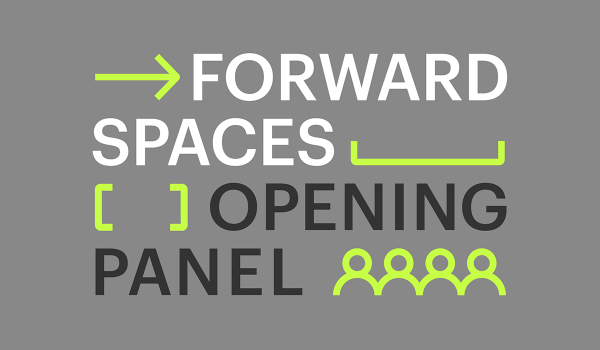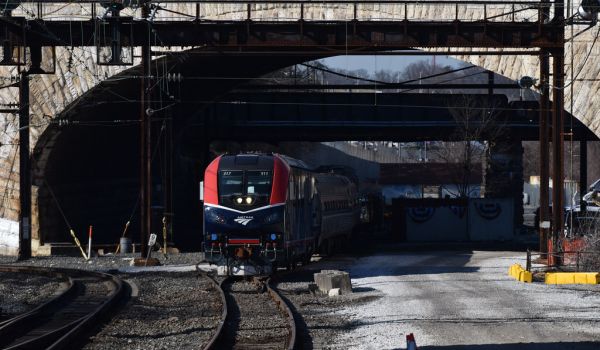The UN Conference on Sustainable Development (Rio+20 for short) is happening right now in Rio de Janeiro, Brazil. Next American City will provide daily coverage of the summit by way of dispatches from Editor in Chief Diana Lind and correspondent Greg Scruggs.
If there is one particular theme that underscores much of Rio+20, it’s major discontent with government. It doesn’t matter what country, people are frustrated with a lack of responsiveness from government to their real needs. In the U.S., Congress is locked in paralysis. In Brazil, people remain concerned with corruption. In Europe, few seem satisfied with government responses to the Euro crisis.
So we are increasingly turning to private partners for help in building everything from infrastructure to schools. This has some downsides, namely the encroachment of corporate and institutional interests in everything from parks to bike share systems. But in some cases, these collaborations are having huge sustainable impacts, not just branding opportunities.
One of the biggest successes to come out of Rio+20 is the commitment of eight major development banks to fund $175 billion worth of sustainable transportation infrastructure over the next decade. This coalition was led by the Asian Development Bank and ITDP, representing dozens of other transportation advocacy groups.
In a press release from ITDP, Joan Clos, executive director of the UN Human Settlements Programme, said, “These unprecedented commitments have the promise to save hundreds of thousands of lives by cleaning the air and making roads safer; cutting congestion in hundreds of cities; and reducing the contribution of transportation to harmful climate change. They will create more efficient passenger and freight transportation, spurring sustainable urban economic growth.”
The announcement is a validation for those who believed that the international context of Rio+20 could push through major voluntary commitments. It also validates those who say that this kind of large-scale action wouldn’t come from government.
For more on the initiative, check this video from Asian Development Bank:

Diana Lind is the former executive director and editor in chief of Next City.
















